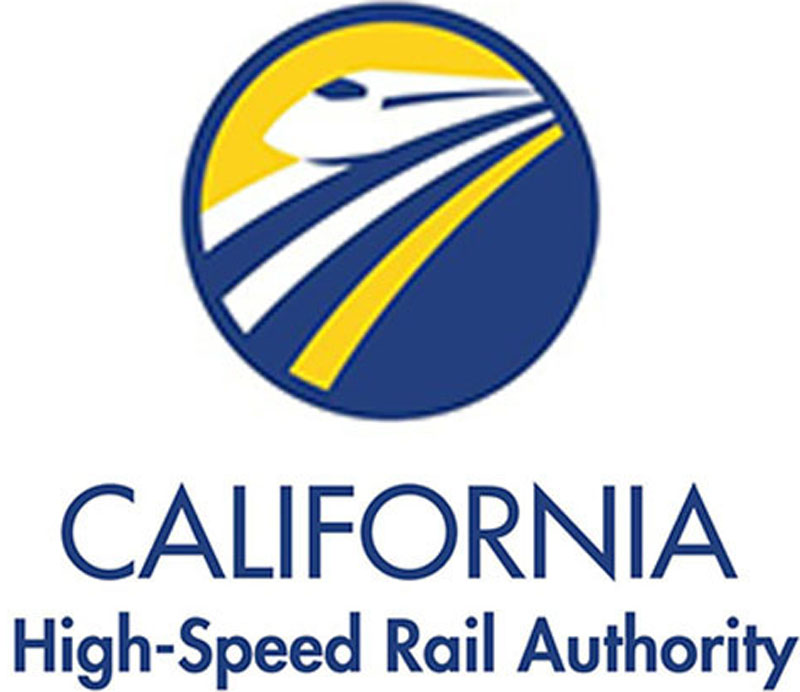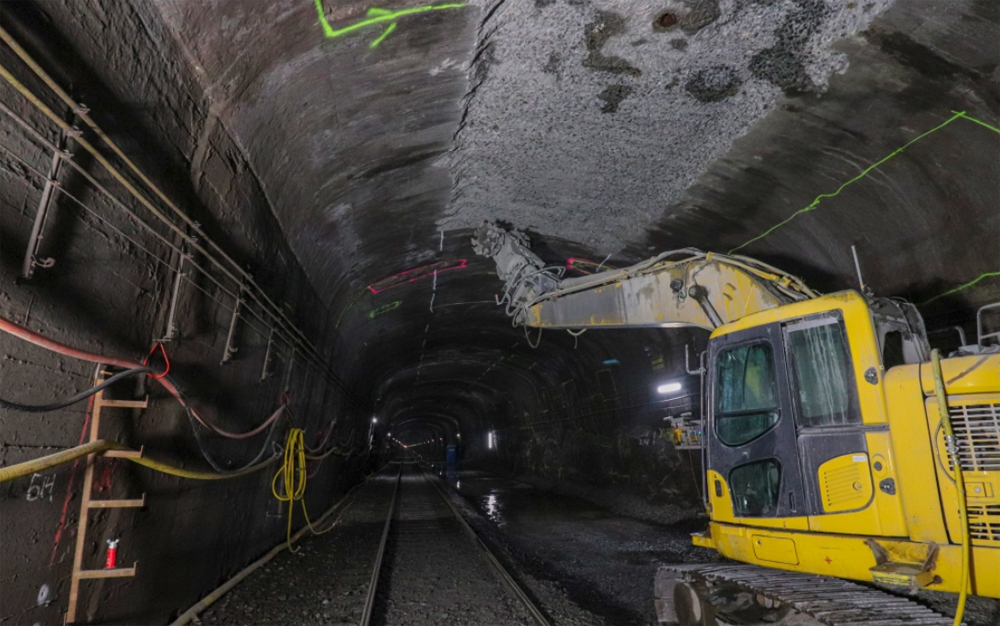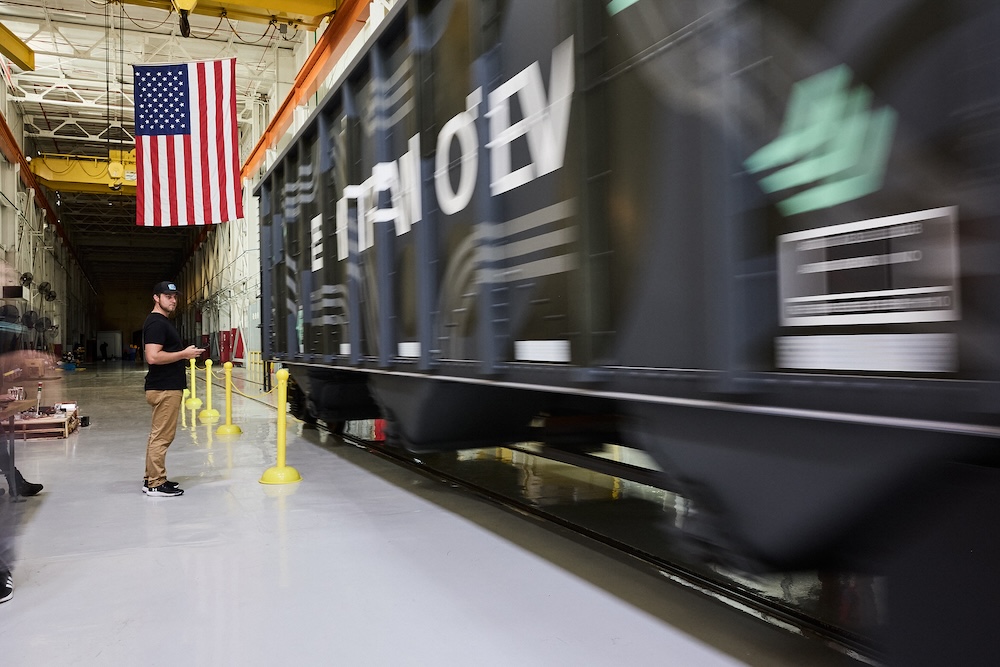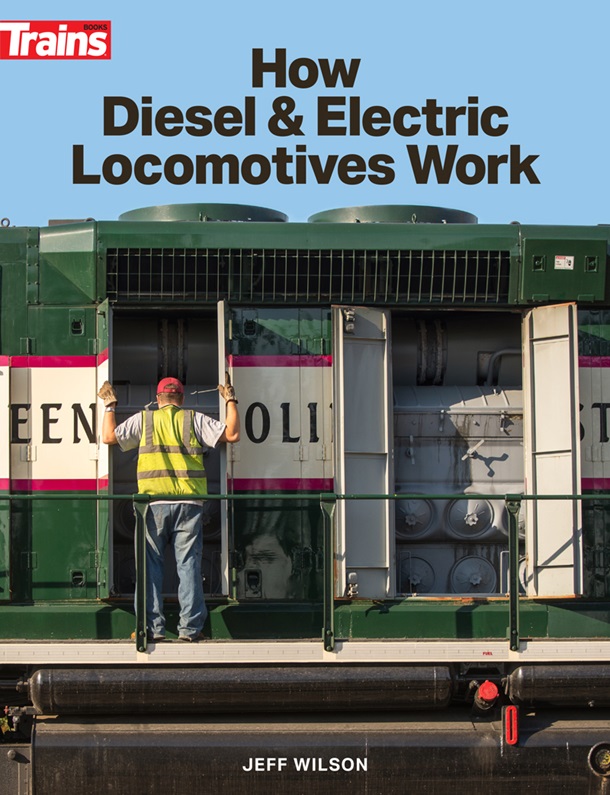The FRA has signed over its environmental review authority to the high-speed rail organization, a move that Brian Annis, the project’s chief financial officer, said could save “tens of millions of dollars” in costs and speed up construction in some places by up to two years.
High-speed rail originally sought this authority — which CalTrans, the state transportation department already exercises over highway construction projects — two years ago, in part to help meet a December 2022 spending deadline for the grant FRA is trying to rescind.
“We’ve lost valuable time waiting with the FRA’s disengagement, so I am very thankful for this action, and I am hopeful this step is the beginning of a more collaborative and cooperative relationship prospectively,” high-speed rail CEO Brian Kelly said in a news release about the announcement.
California filed a suit to block the grant cancellation May 22, six days after FRA Administrator Ronald Batory officially notified the state of his decision. However, state and federal authorities reached an agreement May 23 that would halt redirecting grant funds to any other project while the lawsuit proceeds.
The environmental deal announced Thursday allows high-speed rail to do the environmental work required under NEPA, the National Environmental Protection Act, at the same time it does virtually the same environmental work required under California law.
Not having federal authorities duplicate that work is where the cost and time savings are achieved, Annis told Trains in an interview. He based his savings estimates on CalTrans’ highway experience. However, on a project whose official completion cost estimate is between $63 billion and $98 billion, the monetary savings are far less significant than the time savings.
Even if California prevails in its suit to preserve the $1 billion federal grant, awarded by the Obama administration in 2010, it would have to repay the grant anyway if it doesn’t finish construction on the Central Valley portion of the railroad by December 2022. Such a financial blow could be enough to end the project.
The environmental work currently under way on the project includes the entire Phase I route from San Francisco through Los Angeles to Anaheim, Annis said. Although there is no money to build beyond the Central Valley, the project has been pushing to complete the environmental documents with funds already in hand so that it’s ready to build if construction money is found.
The project portions of immediate concern are:
• A Bakersfield station alternative developed by local government, which would be the southern terminus of the Central Valley line,
• The Central Valley Wye northwest of Madera through which the first trains would travel to and from the northern terminus in Merced and later would allow trains from the Bay Area to reach Central Valley cities,
• The portion of the line between the northern leg of the wye and Merced,
• The San Francisco-San Jose segment, and
• The San Jose-Central Valley segment, which connects to the western leg of the wye.
The final environmental documents for San Francisco to the wye are scheduled to be submitted in late 2020 and will include discussion of all four current alignment options and make the case for the preferred option.















“Not having federal authorities duplicate that work is where the cost and time savings are achieved.”
Gee, what a concept!
Chuckie Boy, is it even conceivable that you can leave a comment on a news article without invoking your political bent? It gets old, redundant and is completely irrelevant. We all know that you’re a hardline conservative so move on from the political rhetoric will you please?
TERRY – The Left Wing screams when environmental review is rationalized. Unless of course it’s THEIR project.
Example, Wisconsin Gov. Scott Walker and the Republican legislature rationalized environmental reviews for the Foxconn project. The Left Wing screammed that Walker gutted environmental laws. Not true.
Rationalizing environmental review processes on California construction projects of any kind is one of the few things I can think of on which 90% of political actors in the state agree. It’s good to see the FRA on board with this too.